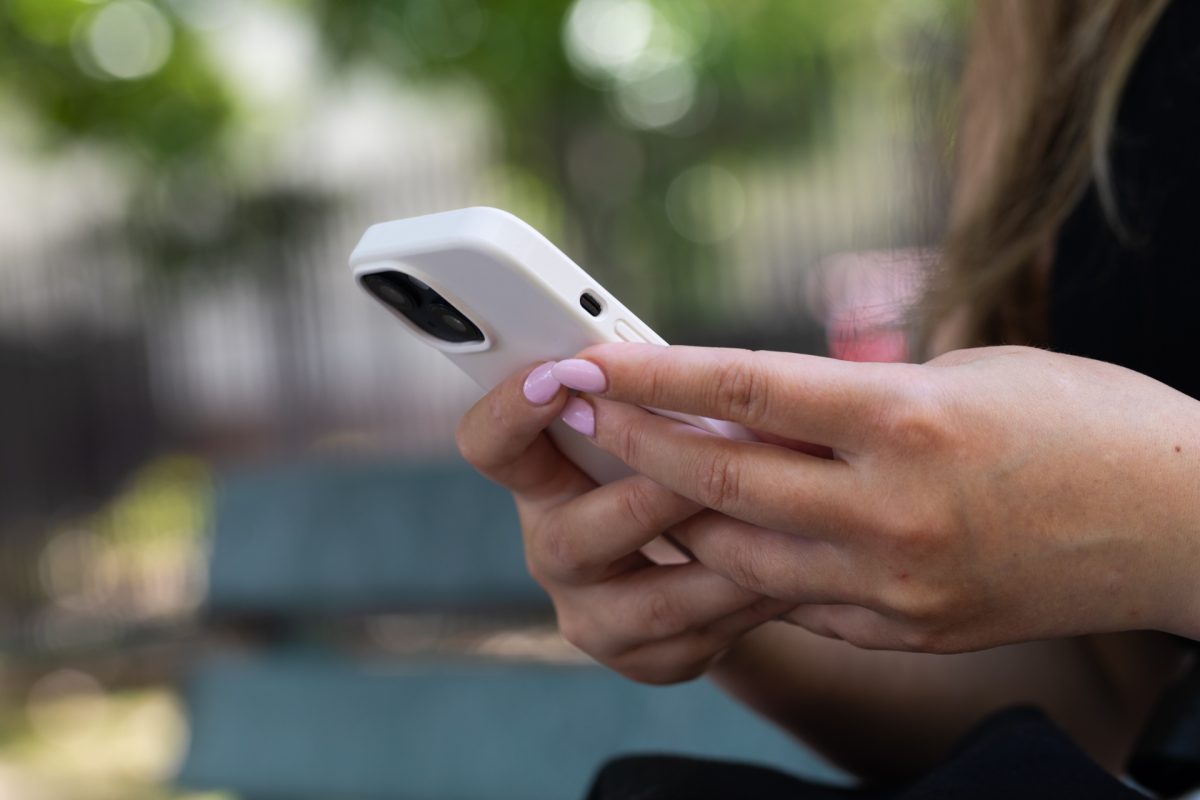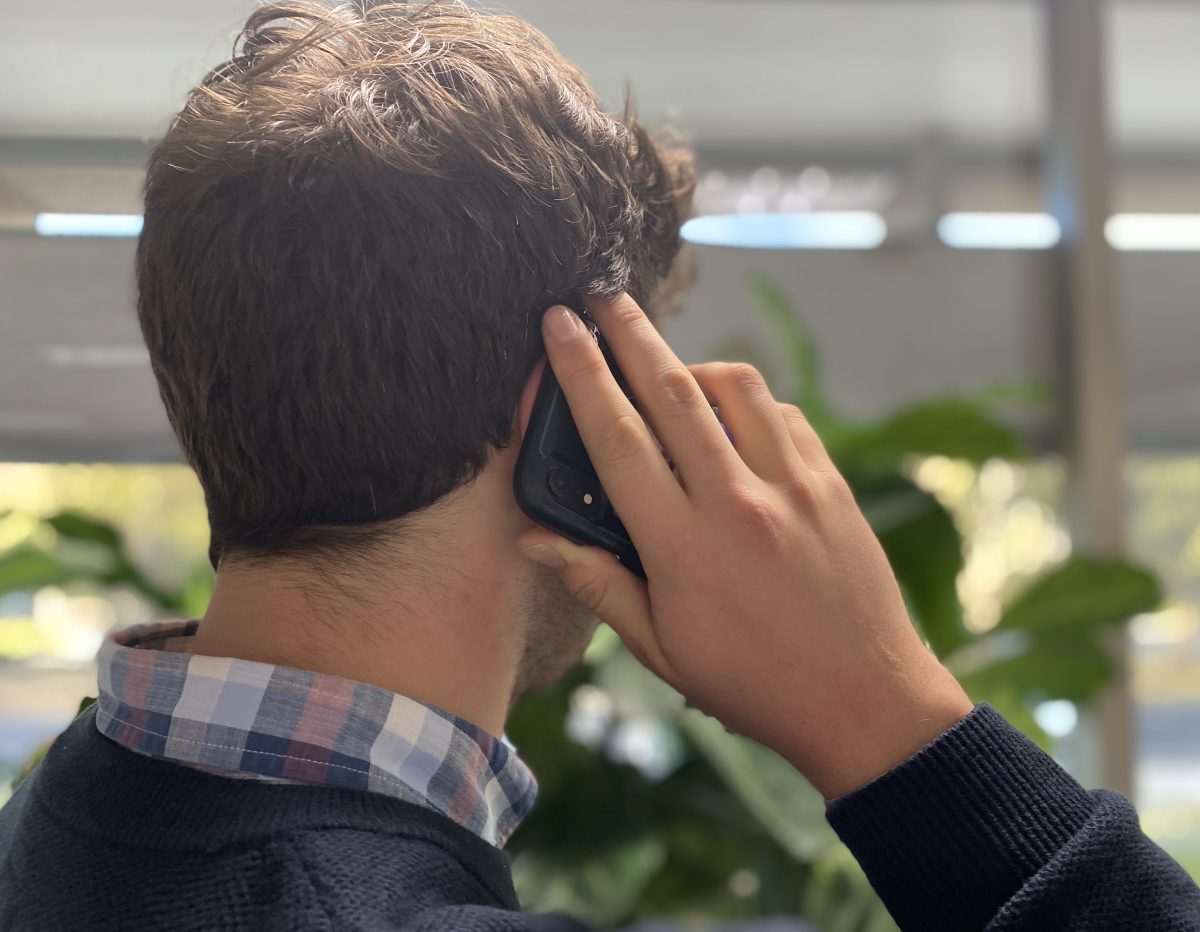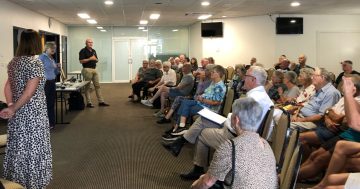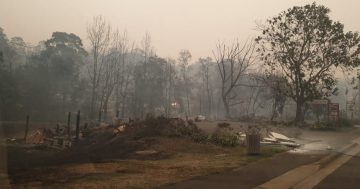
Kristy McBain says it is “past time” the government took more action on ensuring phone connectivity. Photo: Michelle Kroll.
How would it change your life if you didn’t have to navigate phone blackspots as you went about your day?
The Albanese Government has released draft legislation for the Universal Outdoor Mobile Obligation (UOMO), which would require national networks to meet a baseline standard for outdoor mobile coverage.
This would mean Australia’s national mobile carriers – Optus, Telstra and TPG – would have to offer SMS and voice service in situations where it is reasonable for them to do so.
(It’s similar to an existing consumer protection supporting people’s access to phone services and payphones.)
Member for Eden-Monaro Kristy McBain said the proposal hoped to fix gaps in Australia’s phone connectivity, expanding existing mobile coverage by more than five million square kilometres.
“We’ve still got a range of communities that [go] without appropriate signals for long periods of time, at a time where we’re also seeing increased natural disaster events across the country – particularly in rural and regional areas,” she said.
“It’s past time that we do something about that. What we’re doing with this is flagging to the telecommunications industry that they need to pick up their game.
The proposal doesn’t specify a kind of technology that must be used, but it is expected to be a combination of existing networks and satellites.
That’s according to the bill’s explanatory statement.
“Where they don’t currently have coverage, MNOs are expected to use emerging direct to device (D2D) technology, provided over low Earth orbit satellites (LEOSats),” the statement notes.
“For these reasons the UOMO has significant public safety benefits enabling people outside of terrestrial mobile coverage to SMS or call for help if lost or injured.”
Meanwhile, the Minister for Communications would be able to add more services to the UOMO (such as data), should the technology be developed.
Ms McBain also pointed to the 2024 Regional Telecommunications Review, which found that connectivity in rural and regional areas lags behind their metropolitan counterparts, despite funding commitments and technological advances.
“This has the potential to be a massive game-changer, regardless of where you live across the country,” she said.
“It is not good enough for a country as vast as Australia to not have or not be able to access up-to-date technology that is being used in a range of other countries already.”

The proposed legislation would see some mobile phone services being guaranteed under similar provisions that cover landlines. Photo: Claire Fenwicke.
Ms McBain, who is serving as the Minister for Emergency Management in the second Albanese Cabinet, said the UOMO could be critical during natural disasters and other “significant events”.
“This isn’t going to replace telecommunications infrastructure; it’s just going to add to the network. We want to make sure that we’ve got redundancies built into that hard infrastructure,” she said.
The proposal would cover “nearly all of Australia” (including Christmas Island and the Cocos (Keeling) Islands), though other external territories are not automatically included.
Ms McBain described an ongoing consultation process as a chance to shed light on “pinch points” around the proposal.
“Eden-Monaro has very different topography than central Australia or Cape York or the bight off South Australia,” she said.
“We want to make sure that any obligation that’s put on our telcos is actually going to assist our community, and, most importantly, assist our community to grow its business and investment in our region.
It would launch on 1 December 2028 if given the green light, according to the bill’s explanatory statement.
People can have their say by uploading a submission to an online government portal, or by emailing [email protected].
Consultation finishes at 11:59 pm (AEDT) on 19 October.













